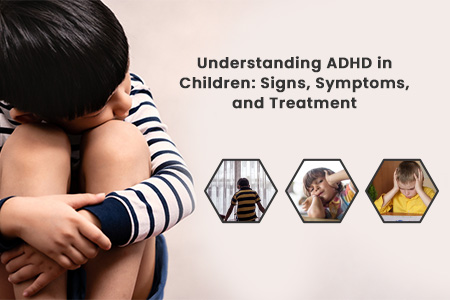
 2024-07-11
2024-07-11
Introduction
Attention Deficit Hyperactivity Disorder (ADHD) is a neurodevelopmental disorder that affects millions of children worldwide, including many in India. It can significantly impact a child's academic performance, social interactions, and overall well-being. Early identification and intervention are crucial for managing ADHD effectively and helping children lead fulfilling lives. This blog will explore the signs, symptoms, and treatment options for ADHD in children, providing valuable insights for parents, educators, and caregivers.
Signs and Symptoms of ADHD
ADHD is characterized by a persistent pattern of inattention, hyperactivity, and impulsivity that interferes with functioning or development. The signs and symptoms are generally grouped into two main categories: inattention and hyperactivity/impulsivity.
Inattention
Children with inattention may exhibit the following behaviors:
Difficulty Sustaining Attention: Struggling to focus on tasks or play activities.
Careless Mistakes: Making mistakes in schoolwork or other activities due to inattention.
Not Listening: Appearing not to listen when spoken to directly.
Difficulty Following Instructions: Failing to follow through on instructions and often failing to finish schoolwork, chores, or duties in the workplace.
Organizational Challenges: Having difficulty organizing tasks and activities.
Avoidance of Tasks: Avoiding or being reluctant to engage in tasks that require sustained mental effort, such as homework.
Losing Items: Frequently losing items necessary for tasks and activities, such as toys, school assignments, and pencils.
Easily Distracted: Being easily distracted by extraneous stimuli.
Forgetfulness: Being forgetful in daily activities, such as chores and running errands.
Hyperactivity and Impulsivity
Children with hyperactivity and impulsivity may exhibit the following behaviors:
Fidgeting: Fidgeting with or tapping hands or feet, or squirming in the seat.
Inability to Stay Seated: Leaving the seat in situations where remaining seated is expected.
Running or Climbing: Running about or climbing in situations where it is inappropriate.
Inability to Play Quietly: Being unable to play or engage in leisure activities quietly.
“On the Go”: Acting as if “driven by a motor” and often being “on the go.”
Excessive Talking: Talking excessively.
Blurting Out Answers: Blurting out an answer before a question has been completed.
Difficulty Waiting Turn: Having difficulty waiting for their turn.
Interrupting or Intruding: Interrupting or intruding on others, such as butting into conversations or games.
Diagnosis of ADHD
Diagnosing ADHD involves a comprehensive evaluation by a healthcare professional, typically a pediatrician, psychiatrist, or psychologist. The evaluation process includes:
Medical History: Reviewing the child’s medical, developmental, and family history.
Behavioral Assessments: Using standardized behavior rating scales and checklists completed by parents, teachers, and sometimes the child.
Clinical Interviews: Conducting interviews with the child, parents, and teachers to gather detailed information about behavior and functioning.
Observation: Observing the child’s behavior in different settings, such as at home and school.
It is important to note that there is no single test for ADHD. Diagnosis is based on a comprehensive assessment that considers multiple sources of information.
Treatment Options for ADHD
ADHD is a chronic condition that can be managed with a combination of treatments. The most effective treatment plans often involve a combination of behavioral interventions, educational support, and medication.
Behavioral Interventions
Behavioral interventions focus on helping children develop skills to manage their symptoms and improve their functioning. These may include:
Parent Training: Educating parents on strategies to manage their child's behavior, set clear expectations, and provide consistent consequences.
Behavior Therapy: Working with a therapist to develop skills in organization, time management, and social interactions.
Classroom Management: Implementing strategies in the classroom to support the child’s learning and behavior, such as structured routines and positive reinforcement.
Educational Support
Children with ADHD often benefit from additional support in the educational setting. This may involve:
Individualized Education Plans (IEPs): Developing a customized education plan that addresses the child's specific needs and provides accommodations, such as extended time for tests or a quiet workspace.
Medication
Medications can be an effective part of the treatment plan for many children with ADHD. The most commonly prescribed medications are stimulants, such as:
Methylphenidate: Known by brand names such as Ritalin and Concerta.
Amphetamines: Known by brand names such as Adderall and Vyvanse.
504 Plans: Providing accommodations and modifications in the general education setting to ensure the child can access the curriculum effectively.
Non-stimulant medications, such as atomoxetine (Strattera) and guanfacine (Intuniv), may also be prescribed. Medication decisions should be made in consultation with a healthcare provider, considering the child's specific needs and response to treatment.
Conclusion
Understanding ADHD in children is essential for providing timely and effective support. By recognizing the signs and symptoms, seeking a comprehensive evaluation, and implementing a well-rounded treatment plan, children with ADHD can thrive and reach their full potential.
At Prasidh Hospital, the Best Chicldrens Hospitals in LB Nagar we are committed to offering comprehensive care for children with ADHD. Our multidisciplinary team of experts provides personalized treatment plans, integrating behavioral therapy, educational support, and medical management to ensure the best outcomes for your child. Schedule a consultation with Prasidh Hospitals, the Best Hospitals in Hyderabad today to learn more about how we can support your child’s journey to success.
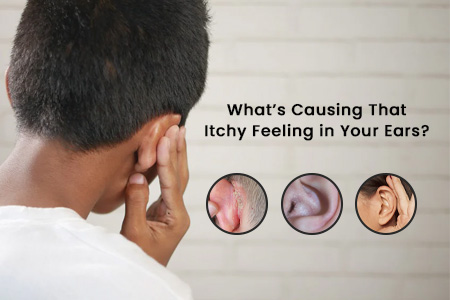 What’s Causing That Itchy Feeling in Your Ears? 2024-09-21 by : Prasidh Hospitals
What’s Causing That Itchy Feeling in Your Ears? 2024-09-21 by : Prasidh Hospitals
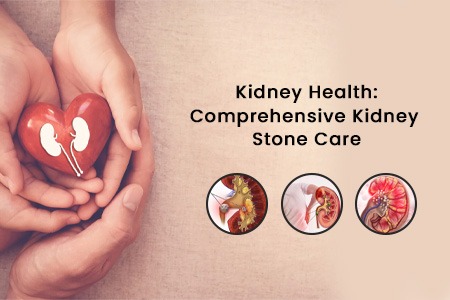 Kidney Health Comprehensive Kidney Stone Care 2024-09-20 by : Prasidh Hospitals
Kidney Health Comprehensive Kidney Stone Care 2024-09-20 by : Prasidh Hospitals
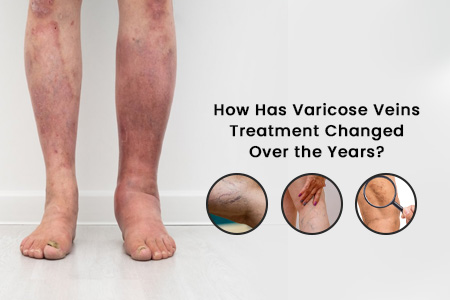 How Has Varicose Veins Treatment Changed Over the Years? 2024-09-18 by : Prasidh Hospital
How Has Varicose Veins Treatment Changed Over the Years? 2024-09-18 by : Prasidh Hospital
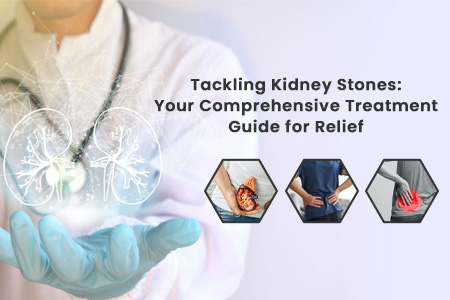 Tackling Kidney Stones Your Comprehensive Treatment Guide for Relief 2024-08-21 by : Prasidh Hospital
Tackling Kidney Stones Your Comprehensive Treatment Guide for Relief 2024-08-21 by : Prasidh Hospital
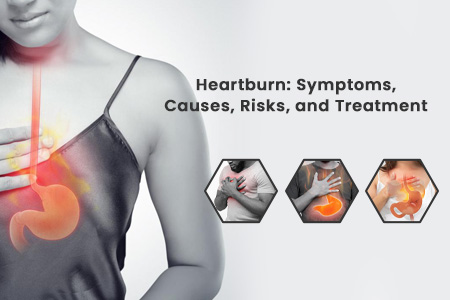 Heartburn Symptoms, Causes, Risks, and Treatment 2024-08-20 by : Prasidh Hospital
Heartburn Symptoms, Causes, Risks, and Treatment 2024-08-20 by : Prasidh Hospital
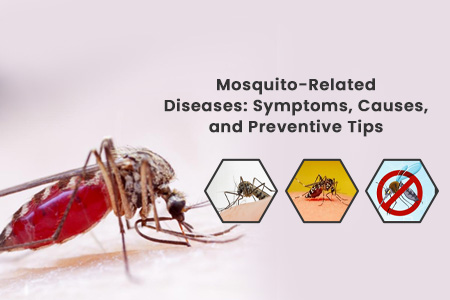 Mosquito-Related Diseases Symptoms, Causes, and Preventive Tips 2024-08-16 by : Prasidh Hospital
Mosquito-Related Diseases Symptoms, Causes, and Preventive Tips 2024-08-16 by : Prasidh Hospital
 Understanding ADHD in Children Signs, Symptoms, and Treatment 2024-07-11 by : Prasidh Hospitals -
Understanding ADHD in Children Signs, Symptoms, and Treatment 2024-07-11 by : Prasidh Hospitals -
 Pregnancy Planning Preparing for a Healthy Pregnancy 2024-07-11 by : Prasidh Hospitals -
Pregnancy Planning Preparing for a Healthy Pregnancy 2024-07-11 by : Prasidh Hospitals -
 Understanding High Blood Pressure Causes, Risks, and Management 2024-07-11 by : Prasidh Hospitals -
Understanding High Blood Pressure Causes, Risks, and Management 2024-07-11 by : Prasidh Hospitals -
 Understanding Hormonal Imbalances Causes, Symptoms, and Treatments for a Balanced Life 2024-05-27 by : Prasidh Hospital
Understanding Hormonal Imbalances Causes, Symptoms, and Treatments for a Balanced Life 2024-05-27 by : Prasidh Hospital
 Navigating Orthopaedic Surgery Procedures, Recovery, and Benefits 2024-05-25 by : Prasidh Hospital
Navigating Orthopaedic Surgery Procedures, Recovery, and Benefits 2024-05-25 by : Prasidh Hospital
 Boosting Your Child's Immune System Paediatric Advice for a Healthy Future 2024-05-24 by : Prasidh Hospital
Boosting Your Child's Immune System Paediatric Advice for a Healthy Future 2024-05-24 by : Prasidh Hospital
 Joint Replacement Surgery: What to Expect and How to Prepare 2024-04-12 by : Prasidh Hospital
Joint Replacement Surgery: What to Expect and How to Prepare 2024-04-12 by : Prasidh Hospital
 The Vital Importance of Regular Gynecologist Check-ups for Women's Health 2024-03-06 by : Prasidh Hospital
The Vital Importance of Regular Gynecologist Check-ups for Women's Health 2024-03-06 by : Prasidh Hospital
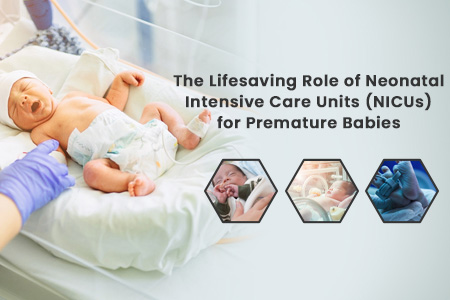 The Lifesaving Role of Neonatal Intensive Care Units (NICUs) for Premature Babies 2024-03-07 by : Prasidh Hospital
The Lifesaving Role of Neonatal Intensive Care Units (NICUs) for Premature Babies 2024-03-07 by : Prasidh Hospital
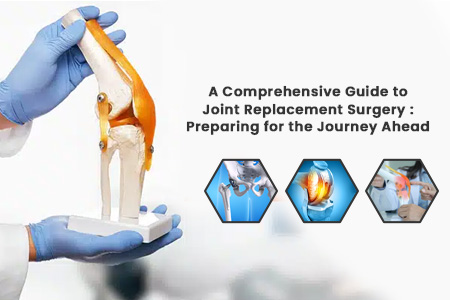 A Comprehensive Guide to Joint Replacement Surgery Preparing for the Journey Ahead 2024-03-04 by : Prasidh Hospital
A Comprehensive Guide to Joint Replacement Surgery Preparing for the Journey Ahead 2024-03-04 by : Prasidh Hospital
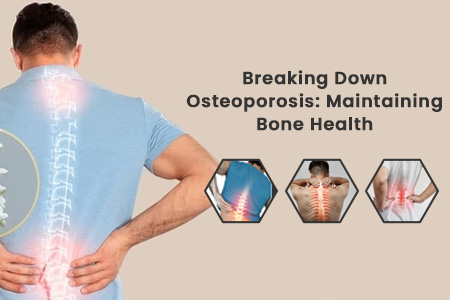 Breaking Down Osteoporosis Maintaining Bone Health 2024-02-16 by : Prasidh Hospital
Breaking Down Osteoporosis Maintaining Bone Health 2024-02-16 by : Prasidh Hospital
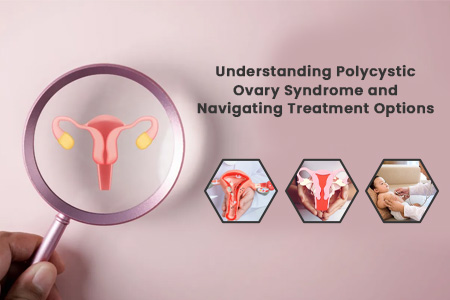 Understanding Polycystic Ovary Syndrome and Navigating Treatment Options 2024-02-16 by : Prasidh Hospital
Understanding Polycystic Ovary Syndrome and Navigating Treatment Options 2024-02-16 by : Prasidh Hospital
 Protecting Precious Lives Neonatal Pneumonia and Promoting Prasidh Hospital's Expert Care 2024-02-09 by : Prasidh Hospital
Protecting Precious Lives Neonatal Pneumonia and Promoting Prasidh Hospital's Expert Care 2024-02-09 by : Prasidh Hospital
 Rediscovering Sound A Journey through Hearing Loss Solutions at Prasidh Hospital 2024-01-29 by : Prasidh Hospital
Rediscovering Sound A Journey through Hearing Loss Solutions at Prasidh Hospital 2024-01-29 by : Prasidh Hospital
 Unveiling Solutions for PCOS Prasidh Hospitals Holistic Approach to Womens Health 2024-01-25 by : Prasidh Hospital
Unveiling Solutions for PCOS Prasidh Hospitals Holistic Approach to Womens Health 2024-01-25 by : Prasidh Hospital
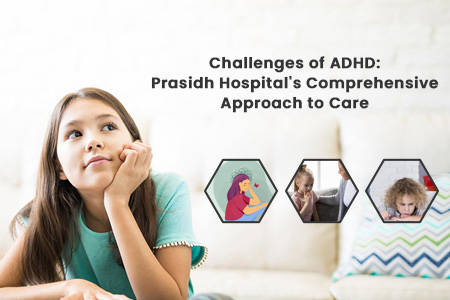 Challenges of ADHD Prasidh Hospital's Comprehensive Approach to Care 2024-01-24 by : Prasidh Hospital
Challenges of ADHD Prasidh Hospital's Comprehensive Approach to Care 2024-01-24 by : Prasidh Hospital
 Understanding Acid Peptic Disease Symptoms, Causes, and Treatment 2023-12-29 by : Prasidh Hospital
Understanding Acid Peptic Disease Symptoms, Causes, and Treatment 2023-12-29 by : Prasidh Hospital
 Nurturing Healthy Appetites A Guide to Improving Your Child's Eating Habits 2023-12-27 by : Prasidh Hospital
Nurturing Healthy Appetites A Guide to Improving Your Child's Eating Habits 2023-12-27 by : Prasidh Hospital
 Nourishing Pregnancy Foods to Avoid for a Healthy Journey 2023-12-20 by : Prasidh Hospital
Nourishing Pregnancy Foods to Avoid for a Healthy Journey 2023-12-20 by : Prasidh Hospital
 Identify the Symptoms of Allergy and Asthma A Comprehensive Guide 2023-12-13 by : Prasidh Hospital
Identify the Symptoms of Allergy and Asthma A Comprehensive Guide 2023-12-13 by : Prasidh Hospital
 Hyderabad's Solution to Dry Mouth Problems Expert Care 2023-11-28 by : Prasidh Hospital
Hyderabad's Solution to Dry Mouth Problems Expert Care 2023-11-28 by : Prasidh Hospital
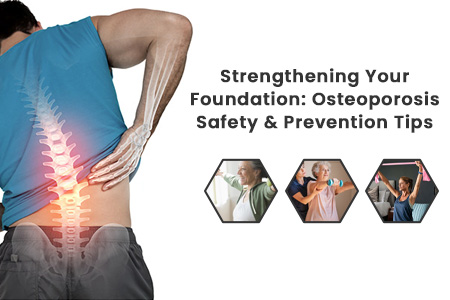 Strengthening Your Foundation: Osteoporosis Safety and Prevention Tips 2023-11-15 by : Prasidh Hospital
Strengthening Your Foundation: Osteoporosis Safety and Prevention Tips 2023-11-15 by : Prasidh Hospital
 Maximizing Your Chances of a Normal Delivery: Tips for a Healthy Pregnancy 2023-11-07 by : Prasidh Hospital
Maximizing Your Chances of a Normal Delivery: Tips for a Healthy Pregnancy 2023-11-07 by : Prasidh Hospital
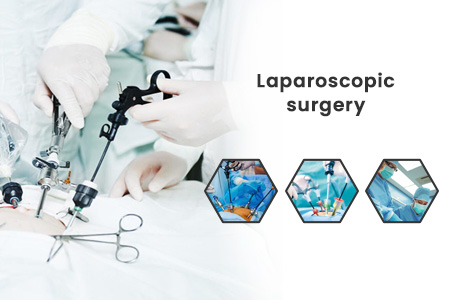 Laparoscopic surgery 2023-07-04 by : prasidhhospitals
Laparoscopic surgery 2023-07-04 by : prasidhhospitals
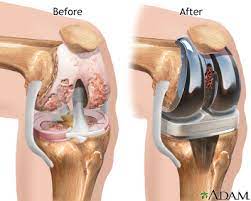 How to Manage Pain Swelling 2022-07-23 by : admin
How to Manage Pain Swelling 2022-07-23 by : admin
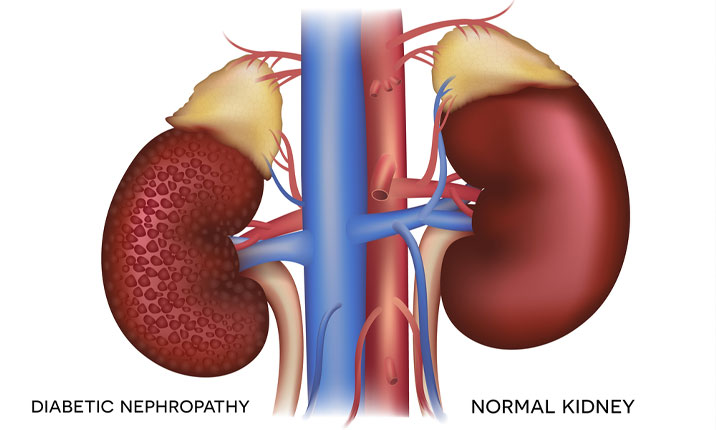 kidney health and diasbetes 2022-07-23 by : Admin
kidney health and diasbetes 2022-07-23 by : Admin
 how to increase the chances of normal delivery? 2022-07-23 by : admin
how to increase the chances of normal delivery? 2022-07-23 by : admin
Copyright © Prasidh rights reserved.